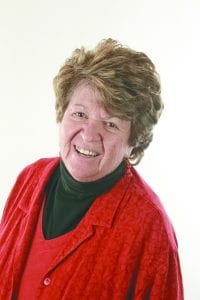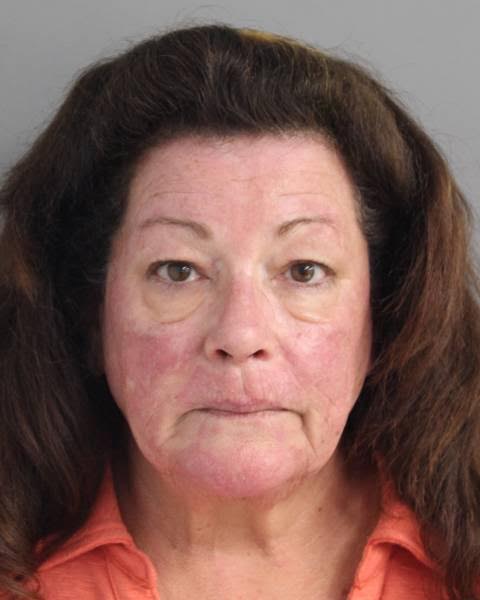By Daniel Dunaief

If sweat were a valuable commodity, I’d be in high demand.
As it is, however, my thick, heavy high-volume sweat is as welcome as a cup of warm water on a hot, sticky day.
When I was a teenager and attended basketball camp, I used to sit in the back seat with two other campers, squeezing my thick thighs together as much as possible to avoid sharing the sweat that coated my legs.
I had and continue to have the kind of sweat glands that would give marathoners from Ethiopia a run for their money.
No, I can’t run as far or as fast as a marathon runner, but I still sometimes looked like one, especially on those summer days when I walked a few miles to work and arrived in a puddle-stained suit.
Fortunately, the public, even before the notion of “fake news” became trendy, rarely had high expectations for the attire of a reporter.
When the temperature and humidity are high enough, I can picture the various characters from the Disney/Pixar movie “Inside Out” pushing and shoving as they try to climb into a small raft in a sweat-drenched control room.
The process almost always starts on my upper lip. That’s where beady sweat scouts come out, checking to see if it is indeed worth alerting the rest of my body that it’s a good time to join the fun.
Within seconds, my arms and wrists have the almost modest effect of glistening, as a thin layer of perspiration can catch the sun at just the right angle, giving my skin a mildly reflective look. After a few short moments, the production line kicks into higher gear. My fingers, which often swell when I walk more than a mile or so, become drenched.
I have had a few occasions when I’ve run into people who introduce me to others in this condition. When they stick out their hands to shake mine, I’m stuck.
While holding my hand back is disrespectful, soaking someone I’ve met with a soggy handshake makes the wrong kind of first impression.
My sister-in-law carries a collection of mostly healthy snacks in her purse for when my typically charming and delightful brother enters the hangry stage of the day and needs food to carry him to the next meal.
I don’t often become frustrated or angry when I’m hungry. I do, however, become embarrassed when I can feel the thick, heavy drops of sweat racing down my back, slaloming down my legs and collecting in my shoes.
Maybe I should suggest to my wife that she carry wipes, paper towels, an electric fan, or a magical towel that comes out of a tiny purse but can absorb a full day’s worth of sweat. I bet Mary Poppins could pull that off.
Since I’m not always with my wife and this isn’t her problem, I rub my hands against my legs. That kind of works, although that then leaves a soaked hand print on the outside of my pant leg which is usually met by the layer of moisture accumulating on the inside of my pants.
Now, dry fit shirts have become a true gift for me, as they don’t immediately become drenched with perspiration. Maybe some day someone will invent a dry fit suit, which looks like normal business attire, but doesn’t become a magnet for moisture.
I know astronauts drink a purified form of urine, the moisture they exhale and their own sweat. When I interviewed Astronaut Scott Kelly several years ago, he mentioned that he particularly enjoyed the taste of the purified water aboard the International Space Station, where he lived for 340 straight days.
I suppose that means I’d be a valuable commodity as an older, slower moving astronaut, assuming that I didn’t need to drink every ounce and then some, of what I produced when I sweat.
Oh well, that probably won’t work and I’m not that eager to travel into space. In the spirit of reduce, reuse, recycle, maybe I should figure out how to turn my own sweat into an icy cold drink.



























